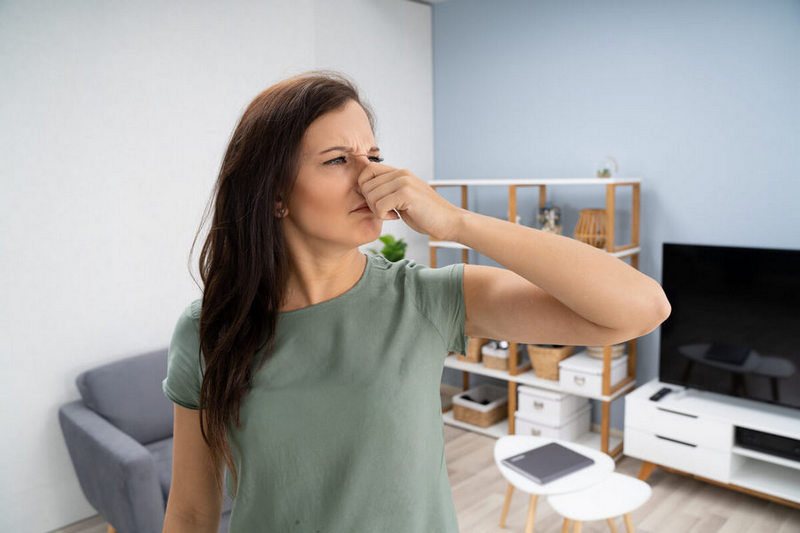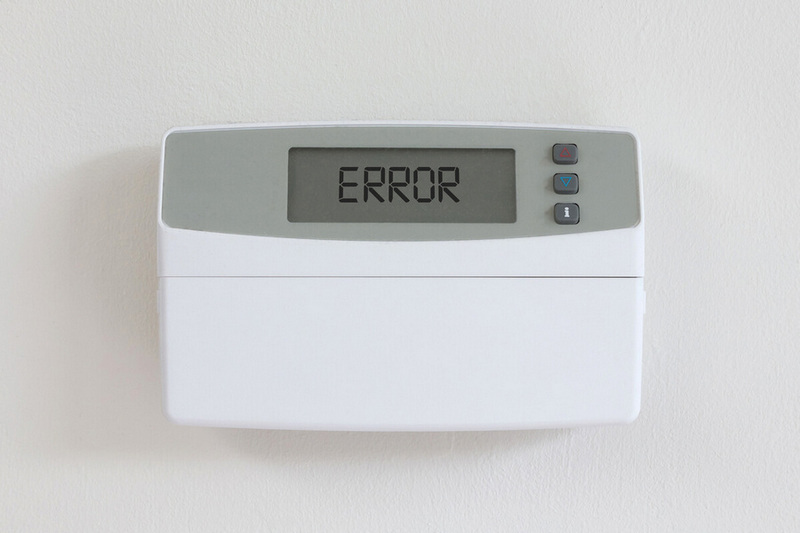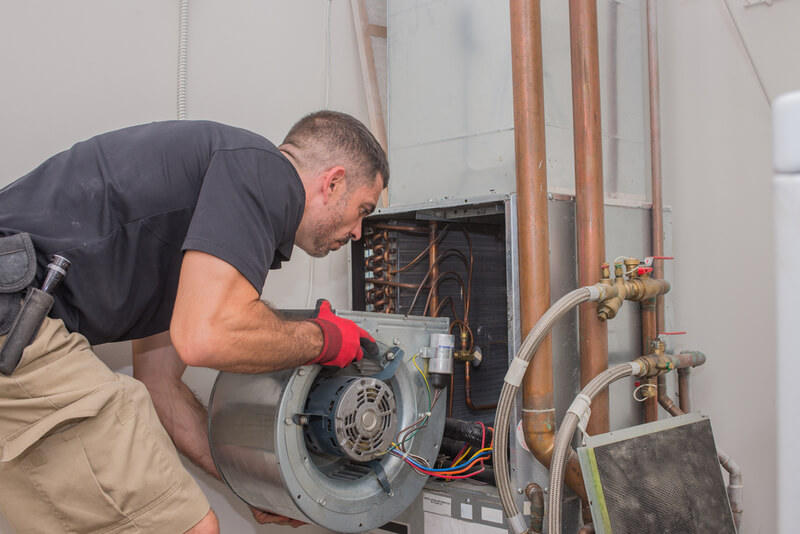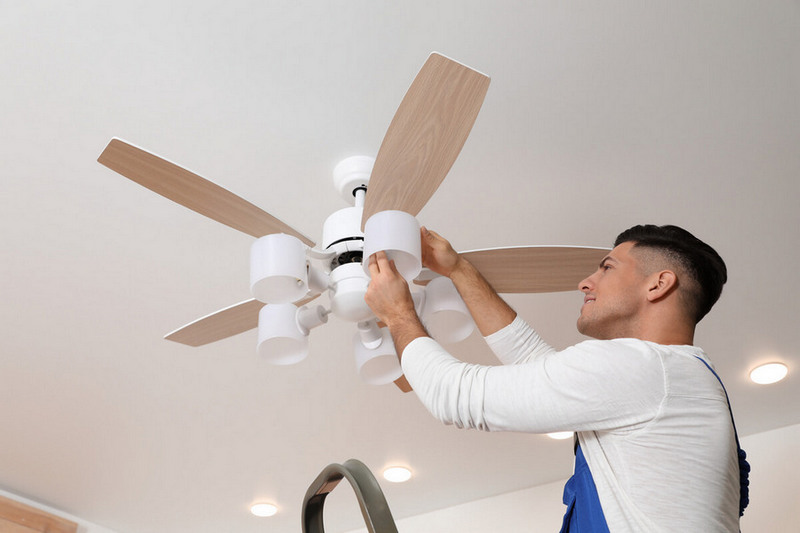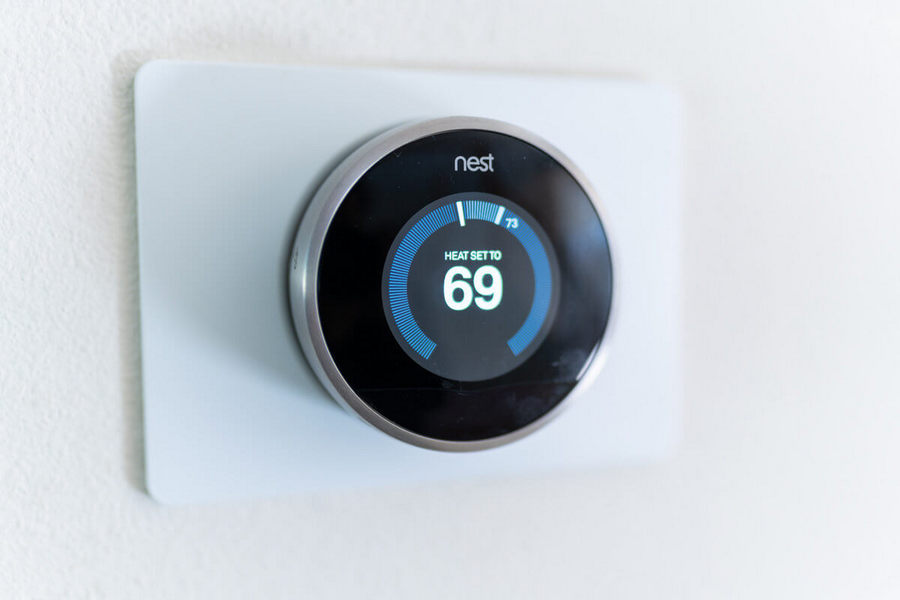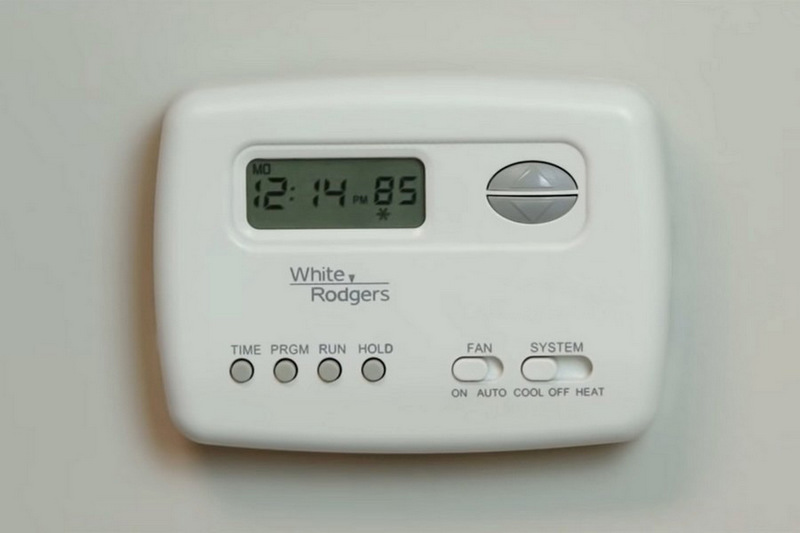If you’ve ever noticed your house smells musty after rain, you’re not alone. This common problem can be caused by various factors, including high humidity levels, a leaky roof, or even moisture seeping through your windows.
Fortunately, you can take a few simple steps to eliminate the musty smell and keep your home smelling fresh and clean. Here we’ll take a close look at the causes while also checking out what you can do when your house smells musty after rain. Let’s get started!
Causes Your House Smells Musty When It Rains
The problem with a musty smell in your home is that it can be hard to identify the source of the problem. If you notice that you get the scent more noticeably after it rained, here are a few possible causes.
Windows Aren’t Properly Sealed
After a long day of work, there’s nothing better than coming home to a freshly cleaned house. But if your home has a musty smell after rainfall, it can make even the nicest space feel uninviting.
Musty smells are often caused by mold or mildew, which can grow when windows aren’t properly sealed. If you notice a musty odor in your home after it rains, check your windows to see if there are any gaps where water could be seeping in.
In addition, be sure to open your windows regularly to allow fresh air to circulate and help prevent musty smells from taking over. If your windows are an issue, ensure they are correctly sealed as soon as possible.
READ: How to Use DampRid to Prevent Mold
Moisture Is Seeping Through Your Roof
A musty smell after it rains could be a sign that moisture is seeping through your roof. If left unchecked, this can lead to severe structural problems, let alone mold and mildew growth.
There are a few ways to tell if moisture is seeping through your roof. First, check for water stains on the ceiling or walls. These may be small initially, but they will gradually get more significant as more moisture accumulates.
Second, listen for dripping sounds after it rains. Third, look for mold growth on the attic floor or in other areas with poor ventilation. If you notice any of these signs, taking action immediately is vital. The first step is to identify the source of the leak and repair it. This may require calling in a professional roofer.
READ NEXT: How to improve the airflow throughout your second or third floor
Clogged Drainage Could Be Causing the Smell
A musty smell could be due to clogged drainage. When rainwater can’t drain properly, it can cause standing water and humid conditions, both of which are ideal for mold and mildew growth.
Not only is this smelly, but it can also lead to other problems like dampness, rot, and structural damage. So if you suspect that your drains are clogged, it’s essential to have them cleaned.
A professional plumber can clear the blockage and restore proper drainage, helping to eliminate the musty smell and preventing further damage.
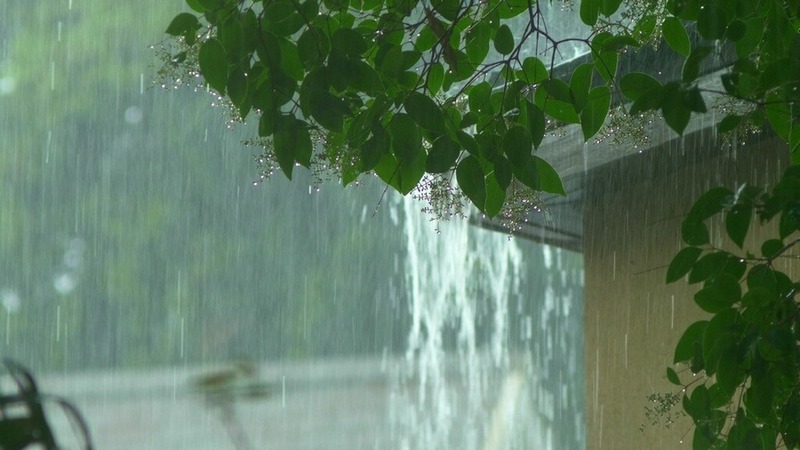
Are Your Pets Bringing In The Smell?
The smell could be caused by your pets tracking in mud and moisture from outside. Mold and mildew can quickly grow in damp conditions, and your pet’s fur provides the perfect environment for these spores to thrive.
As they move around your home, they can spread mold, causing the musty smell to become more pronounced.
If you suspect your pets are to blame for the musty smell, clean their paws after they’ve been outdoors and keep them off of any upholstered furniture until it has a chance to dry completely.
Ventilation Issues
A buildup of bad smells means there’s a good chance that your home has ventilation issues. When your home isn’t properly ventilated, moisture can build up, leading to the growth of mold and mildew.
In addition, stagnant air can cause dust, dirt, and other particles to settle on surfaces, which can also contribute to musty odors. To address the issue, you’ll need to find ways to improve the ventilation in your home.
This may involve opening windows more often, running fans, or ensuring that your exhaust fans are functioning correctly.
Is a Musty House Smell Dangerous?
Musty odors or humid smells in your house could signify a water leak or condensation issue. While this might not seem like a big deal, it could lead to some serious problems. First of all, mold and mildew love damp environments.
If you have a water leak or high humidity levels, you could end up with a mold problem. In addition to being unsightly, mold can also cause respiratory problems, so it’s important to nip it in the bud. Secondly, excess moisture can damage your walls, floors, and ceilings.
It can also lead to wood rot, weakening your home’s structure. So, if you notice a musty smell in your house, it’s best to investigate the source and take steps to fix the problem. Otherwise, you could be facing some serious consequences down the road.
RELATED: Do air purifiers help with musty smell
How to Get Rid of Musty House Smells When It Rains
When it rains, the air outside is typically fresh and clean. However, when the rain comes into your home, the results can be musty and unpleasant.
There are a few things you can do to get rid of musty house smells when it rains. First, make sure that your gutters are clean and free of debris. This will help prevent water from seeping into your home and causing mold and mildew to grow.
Second, open your windows and doors to let in the fresh air. It’s also vital to check that those windows are correctly sealed. This will help to circulate the air and prevent musty smells from taking hold.
Finally, consider using a dehumidifier to help remove excess moisture from the air. By taking these simple steps, you can keep your home smelling fresh and clean, even when it’s raining outside.
Before you go, be sure to check out our review of the best whole-house dehumidifiers.

